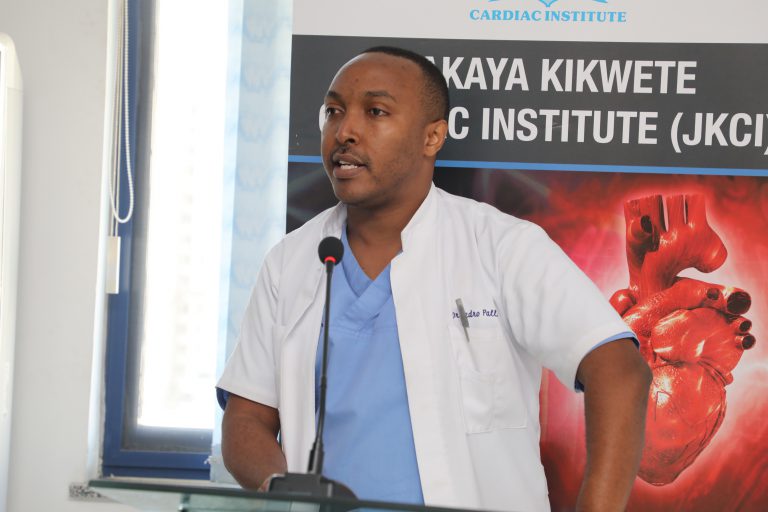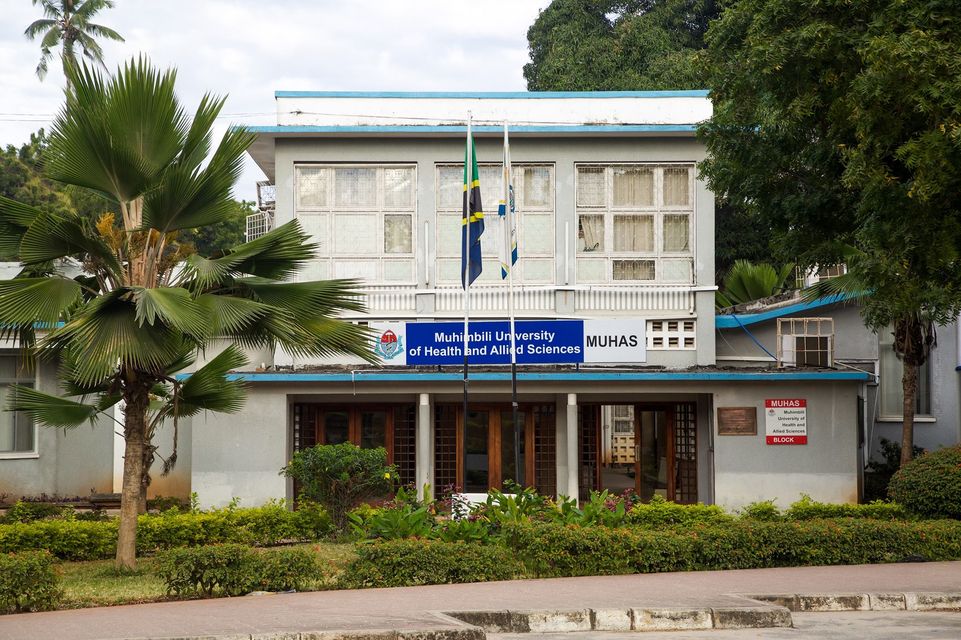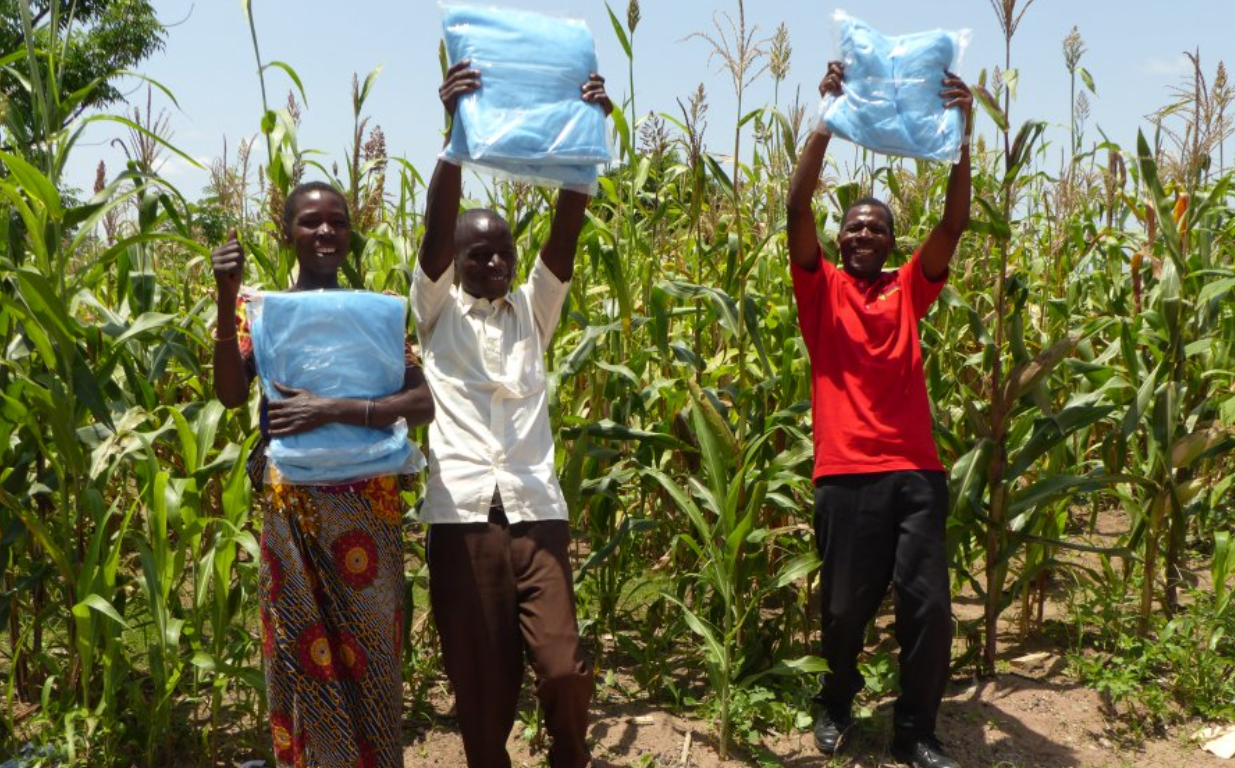The World Health Organisation(WHO) on Wednesday recommended widespread use of the world’s first malaria vaccine for children in Sub-Saharan Africa and other regions where the parasite that causes malaria spreads.
With 93% of Tanzania’s population living in malaria transmission areas, the RTS,S/ASO1vaccine made by GlaxoSmithKline, adds impetus to ongoing efforts to eliminate the tropical disease in the country, according to Tanzanian scientists.
“The vaccine will likely have significant impact in reducing severe malaria and death,” says Fredros Okumu, a parasitologist and entomologist who is the director of science at the Ifakara Health Institute (IHI). The breakthrough, he says, could also inspire wider efforts against malaria on the African continent.
“Being the very first vaccine against any parasitic disease, and having been evaluated widely by African scientists, it will also likely inspire new interests in this space and hopefully herald greater commitments to malaria control,’’ Dr Okumu told MedicoPRESS.
To realise the benefits of the vaccine, however, Dr Omuku suggests that countries must strengthen health systems so that the vaccines can be deployed effectively. The WHO has endorsed the vaccine RTS, S/AS01, which had been proven effective six years ago.
The milestone, announced on Wednesday, is hailed as major step in fight against malaria—a mosquito-borne disease that kills about half a million people each year, nearly all of them in Sub-Saharan Africa.
The endorsement of the vaccine comes after WHO reviewed results of an ongoing pilot programme in Ghana, Kenya and Malawi that has reached more than 800 000 children since 2019.
Tanzanian scientists have been part of the initial clinical trials underpinning the development of the world’s first malaria vaccine—and the first against a parasitic disease.
According to IHI Executive Director Dr Honorati Masanja, the National Institute for Medical Research (NIMR) and IHI, “were involved in the early phases of testing this vaccine in Bagamoyo and Tanga…”
Yes very good news. Many people would not know that Tanzania participated in the Phase 2b trial of the RTS,S/AS01E candidate malaria vaccine through the Ifakara Health Institute (IHI) under the leadership of the former IHI Chief Executive Director dr Salim Abdulla https://t.co/zrMrzx13bW
— Yahya Ipuge (@YIpuge) October 6, 2021
Dr Yahya Ipuge, a microbiologist, Senior Health Specialist and Board Chair of Malolo Hospital and School of Health Sciences, suggests early deployment of the vaccine in Tanzania.
“I [believe] the government will fast-track having the vaccine in our arsenal of malaria fight tools, so that we can save children from dying,” says Dr Ipuge.
The WHO Director-General Dr Tedros Adhanom Ghebreyesus said, “Using this vaccine on top of existing tools to prevent malaria could save tens of thousands of young lives each year.”
The vaccine works by rousing a child’s immune system against falciparum, the deadliest of five malaria pathogens that is most prevalent in Africa, according to the scientists.
In a statement released by IHI on Thursday October 7, the institution’s Head of Health Systems, Impact Evaluation and Policy department, Dr Sally Mtenga called on malaria stakeholders to ensure equitable access of the vaccine, especially in low-income countries.
“Equitable access to health care is currently a critical agenda globally… there is need to address the social determinants of community acceptance of the malaria vaccine,” she said.








